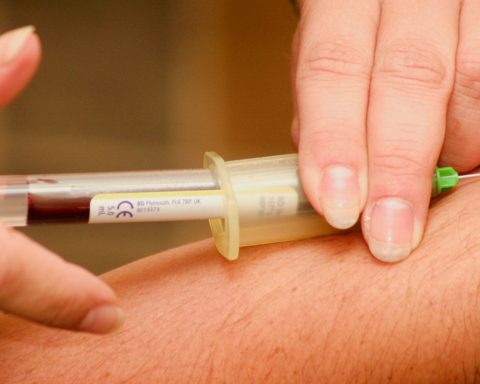
This week I’ve received some good news. I’ve been ‘liked’ by the GMC. Well I say liked, I mean of course ‘revalidated’ but it comes to the same thing. I posted a few comments of questionable value on an appraisal website and, lo and behold, I’ve been affirmed by no less an organisation than the GMC.
Yet the experience left me feeling somewhat flat. Curiously, being approved of by a faceless organisation, which demands certain requirements that I must satisfy in order to have their approval bestowed upon me, turns out not to be as fulfilling as I’d hoped. Tragically though, it seems that we are being driven by an ever greater need to be liked. It’s not just Facebook. It is a requirement that we be approved of by various groups – groups that sometimes have diametrically opposed ideas of what it is they want from us.
Take the antibiotic prescribing issue. On one hand we are quite correctly being encouraged to reduce our antibiotic prescribing and being threatened with a reprimand if we do not curtail their inappropriate use. But, on the other hand, we are being judged by how satisfied our patients are by our practice and, despite what patient education programmes try to convey, the idea continues to be held, even by some of the most educated of our patients, that antibiotics are required for minor self-limiting infections. Without them many of our patients won’t be satisfied. One wonders if scientific explanation of the facts will ever be effective in a society that increasingly has dismissed scientific fact in favour of what it feels is right. Aren’t we all a little like Stewart Lee’s taxi driver who dismisses what he doesn’t want to believe with, ‘Well you can prove anything with facts!’? Leaving aside that particular question though, one thing is certain – it is impossible to satisfy the competing desire of patients who want antibiotics and those who want us to reduce antibiotic prescribing.
Similarly we are being asked to avoid unnecessary admissions to hospital whilst being increasingly criticised for delays in diagnosis and referral. Some have called for a doubling of our referrals to cancer services and starting primary prevention for heart disease at ever lower levels of risk, and yet our referral rates and prescribing practices are under ever more scrutiny.
Who are we going to choose to please?
I wonder if we doctors are particularly vulnerable to the need to being liked. How many of us were the good boys and girls at school who, driven by the desire to please, worked hard for our teachers, didn’t like to disappoint the careers advisor who suggested we tried our hand at medicine, and jumped at the chance of entering a profession which made our parents proud? Not that there’s anything wrong with any of this – it’s just that we may not be the best people to say an appropriate ‘No’ to our patients and risk disappointing them. After all didn’t we go into medicine, first and foremost to help patients – to please them, and not our bureaucratic taskmasters, who we find it equally hard to say no to?
The truth is that one can’t please everybody all the time – and we are fools to try. In a society that constantly and increasingly seeks affirmation it is no wonder that we are overwhelmed by the need to please those with competing desires. Whatever we do is wrong in somebody’s eyes. The incessant double binds threaten, not only our own happiness but also the stability of the whole system. A system already creaking from the overwhelming demand and time limitations that together drive us, perhaps, along the route of least resistance – the route that earns us a ‘like’ most easily – the one that comes from our patients. We may not be proud of it, but haven’t we all issued an antibiotic or renewed a sick note, not entirely appropriately, as we simply did not have the time or energy to do otherwise and out of a desire to please the patient?
Something is going to have to change in regards to the way we behave if things are to improve. We need to be professionals who are in the job, not to be admired, but to do what is necessary. Whisper it quietly, but we are going to have to be less patient-centred in order to be more patient appropriate. We are going to have to be less concerned about doing what our patients want, what they will like us for, and try instead to do, to the best of our ability, what is right. And we are going to have to care less about how we are thought of by our patients – I’m not sure just how valid their opinion always is anyway. On a single day last month I received two pieces of feedback – one accused me of incompetence, the other rated me as unusually astute. So which is it? Well of course it is neither – I am no more awesome than I am useless. I am in fact ordinary – an ordinary GP who, like ordinary GPs up and down the country, knows less cardiology than a cardiologist – but more than my patients. Our patients, our politicians, and we ourselves are going to have to accept this – whether they, or we, ‘like’ it or not.










